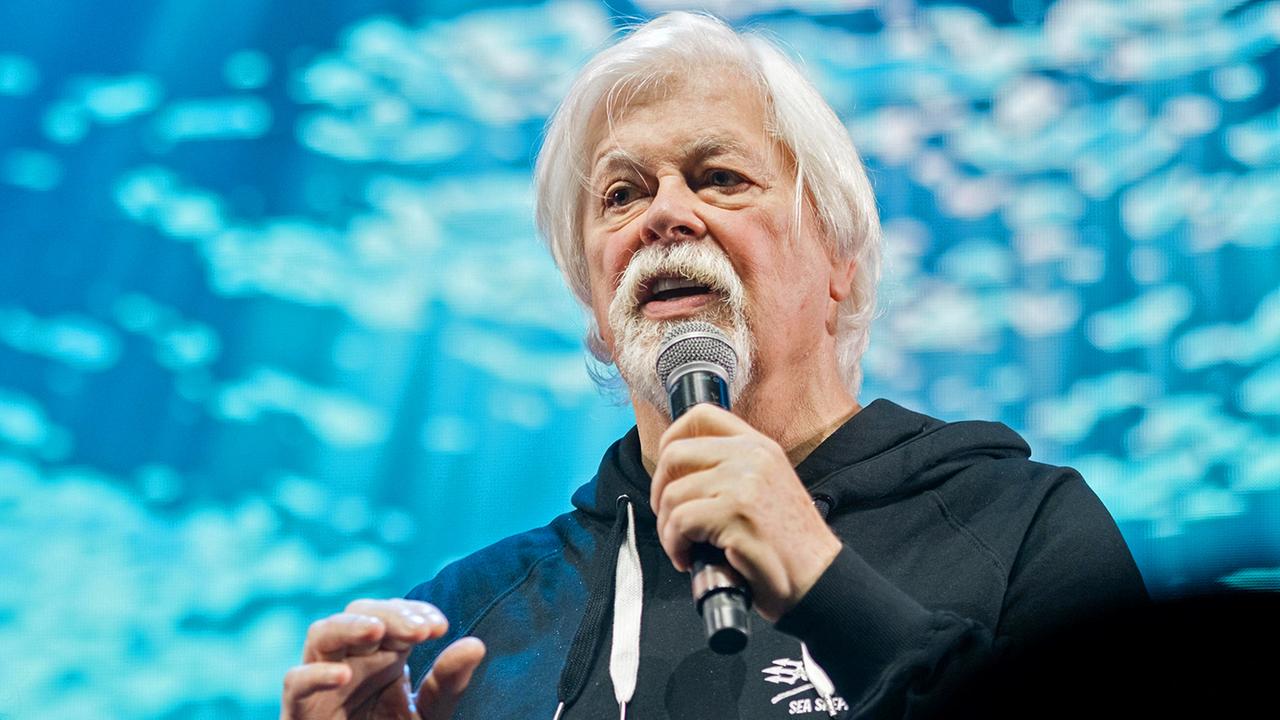Paul Watson is considered a pioneer in the fight for marine animals. However, the 73-year-old is also controversial among environmentalists because of his methods. He has now been arrested for an action against Japanese whalers.
The well-known environmentalist and anti-whaling activist Paul Watson has been arrested by police in Greenland. According to the Greenland police, the Canadian-American citizen was stopped in the capital Nuuk after he had entered the port there on the ship “John Paul DeJoria”.
The reason for the arrest is an international arrest warrant issued by the Japanese authorities against the 73-year-old. It is still unclear whether he will be extradited to Japan.
Organisation calls arrest request politically motivated
According to Watson's current organization, the Captain Paul Watson Foundation, the ship had stopped in Nuuk to refuel as part of an operation against a new Japanese whaling ship in the North Pacific and was en route to the Northwest Passage, which connects the Atlantic to the Pacific via the Arctic.
The organization called on Denmark to release Watson and not to comply with the “politically motivated” arrest request. Greenland is largely autonomous, but officially belongs to the Danish kingdom. The decision as to whether there are grounds for a possible extradition of Watson to Japan therefore lies with the Danish Ministry of Justice.
Legal trouble in various countries
Watson, the protagonist of the television documentary “Whale Wars – War on the Whalers!”, is considered one of the pioneers of the fight for marine animals. However, his confrontational methods have also made him controversial among environmentalists.
He was one of the first members of Greenpeace and later founded the Sea Shepherd Conservation Society, which primarily works for the welfare of marine animals – but with aggressive methods that other environmental organizations do not approve of. Watson's actions have led to legal trouble in various countries, especially in whaling and fishing nations.




